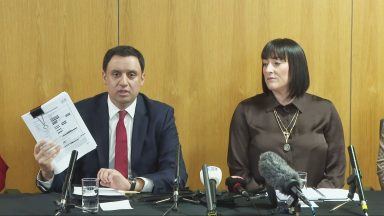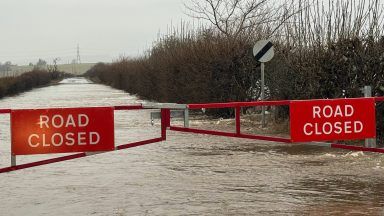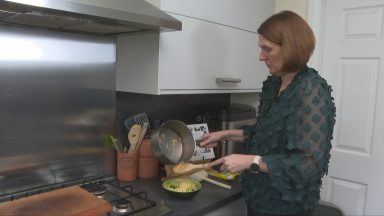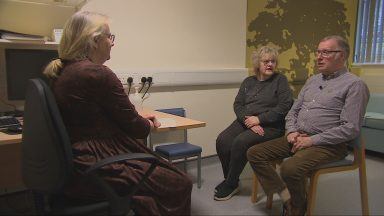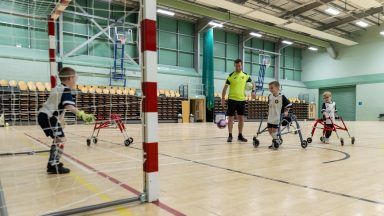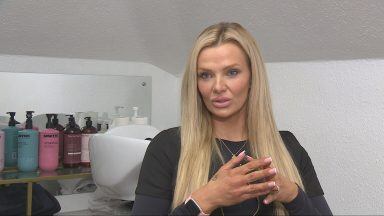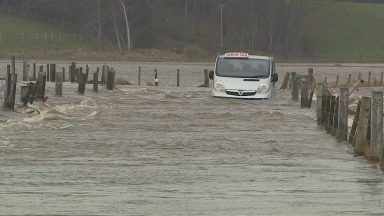Life for the average person in Scotland did not improve last year, according to new research from a charitable foundation.
A new report based on surveys from Carnegie UK makes the case for governments in Edinburgh and London to work together to tackle inequality and boost the collective wellbeing of the people of Scotland.
The document also argues that government in Scotland should deploy initiatives such as citizens’ juries to regain trust in politics.
Carnegie’s Life in the UK Index measures the wellbeing of the people of the UK by examining answers to questions across social, environmental, economic, and democratic themes.
Now in its second year, the 2024 index – produced with Ipsos – shows no statistically significant improvement across any of its headline measures for people in Scotland, in common with the rest of the UK.
Sarah Davidson, chief executive of Carnegie UK, said: “Our new report paints a picture of Scotland as a place where too many people don’t have their basic needs met and there’s widespread distrust of politics and government.
“While Scotland performs no worse than the rest of the UK, the situation isn’t improving.
“That’s why we’re urging governments in Edinburgh and London to measure the things that matter to people – like job opportunities and community safety.
“We then want policymakers to put this information about our wellbeing at the centre of their decisions.”
For a second year running, the research identifies groups in society with particularly low levels of wellbeing.
These include people on lower incomes, disabled people and those between the ages of 16 and 34.
The survey also found a fifth of the Scottish public (19%) feel unsafe in their neighbourhood after dark, three in 10 (31%) can’t afford an unexpected expense of £850 and 15% can’t afford to keep their home adequately warm.
Ms Davidson continued: “Two years in a row, our research shows high levels of inequality across Scottish society, with worrying numbers of people reporting they can’t afford to heat their home, meet an unexpected expense or feel safe in their neighbourhood.
“In 2024 it is unacceptable that so many live in such precarious circumstances.
“While these problems won’t be solved overnight, it is the job of government to address them systematically and drive improvement.
“Scotland used to be a global leader in wellbeing public policy – the Scottish Government needs to regain lost ground.”
The research, which surveyed more than 1,000 people in Scotland, also found widespread distrust in the UK’s political systems and institutions.
It found almost three quarters (77%) of people in Scotland feel that they cannot influence decisions that affect the UK, while about three fifths (63%) disagree that they can influence decisions affecting Scotland.
Sir John Curtice, professor of practice politics at the University of Strathclyde, said: “Across the UK levels of trust and confidence in how we are governed are as low as they have ever been.
“And although those at Holyrood come out better than those at Westminster, there are still questions to be asked about how successful the devolution project has been in helping to improve people’s sense of involvement in their political process.
“Our politicians not only have to address the many policy challenges that face the country, but also persuade voters that they have its best interests at heart.”
Sarah Davidson added: “After a quarter century of devolution, only a minority of people in Scotland feel they have any say over the decisions that affect their lives.
“Our democratic wellbeing is in trouble. There’s a rift between the people and our politics at every level of our system.
“To address this problem, we’re making the case to Scotland’s governments and decision-makers to roll out more participative models of democracy, like citizen juries and panels.
“Our research shows that if these initiatives are well-designed, they can boost trust while providing legitimacy to government action.”
A UK Government spokesperson said: “Tackling poverty is central to the UK Government’s mission for growth.
“That’s why we’ve set up the Child Poverty Taskforce and we’re resettling our relationship with the Scottish Government to work together on improving living standards.
“We’ve also announced the biggest upgrade of workers’ rights for a generation, raised the minimum wage and ended exploitative zero-hours contracts.
“Last week, the Chancellor announced a record £47.7 billion settlement for the Scottish Government in 2025/26, including £3.4 billion through the Barnett formula.
“We’d urge the Scottish Government to ensure that money reaches frontline services, to bring down NHS waiting lists and lift attainment in our schools.”
A Scottish Government spokesperson said: “The Scottish Government is determined to improve the wellbeing of people across Scotland, which is why it is promoting Fair Work and investing £3 billion a year to tackle poverty and help people with the cost of living.
“This report will be given full consideration, as part of other actions to tackle inequality and support people through difficult economic times.”
Follow STV News on WhatsApp
Scan the QR code on your mobile device for all the latest news from around the country


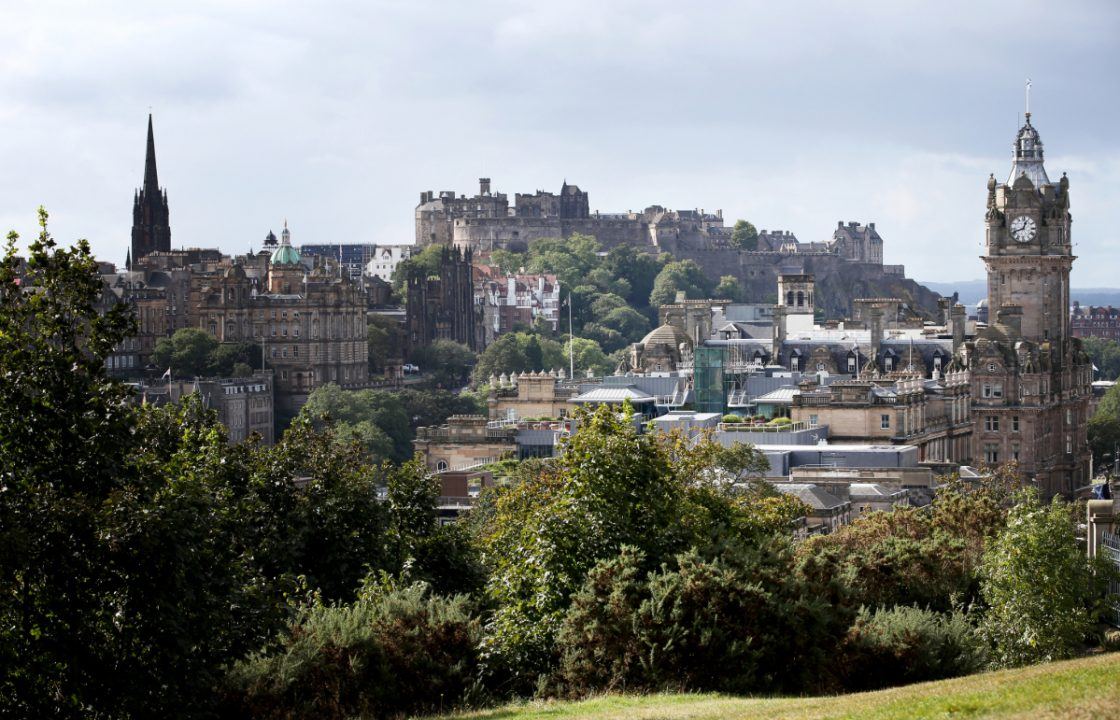 PA Media
PA Media



